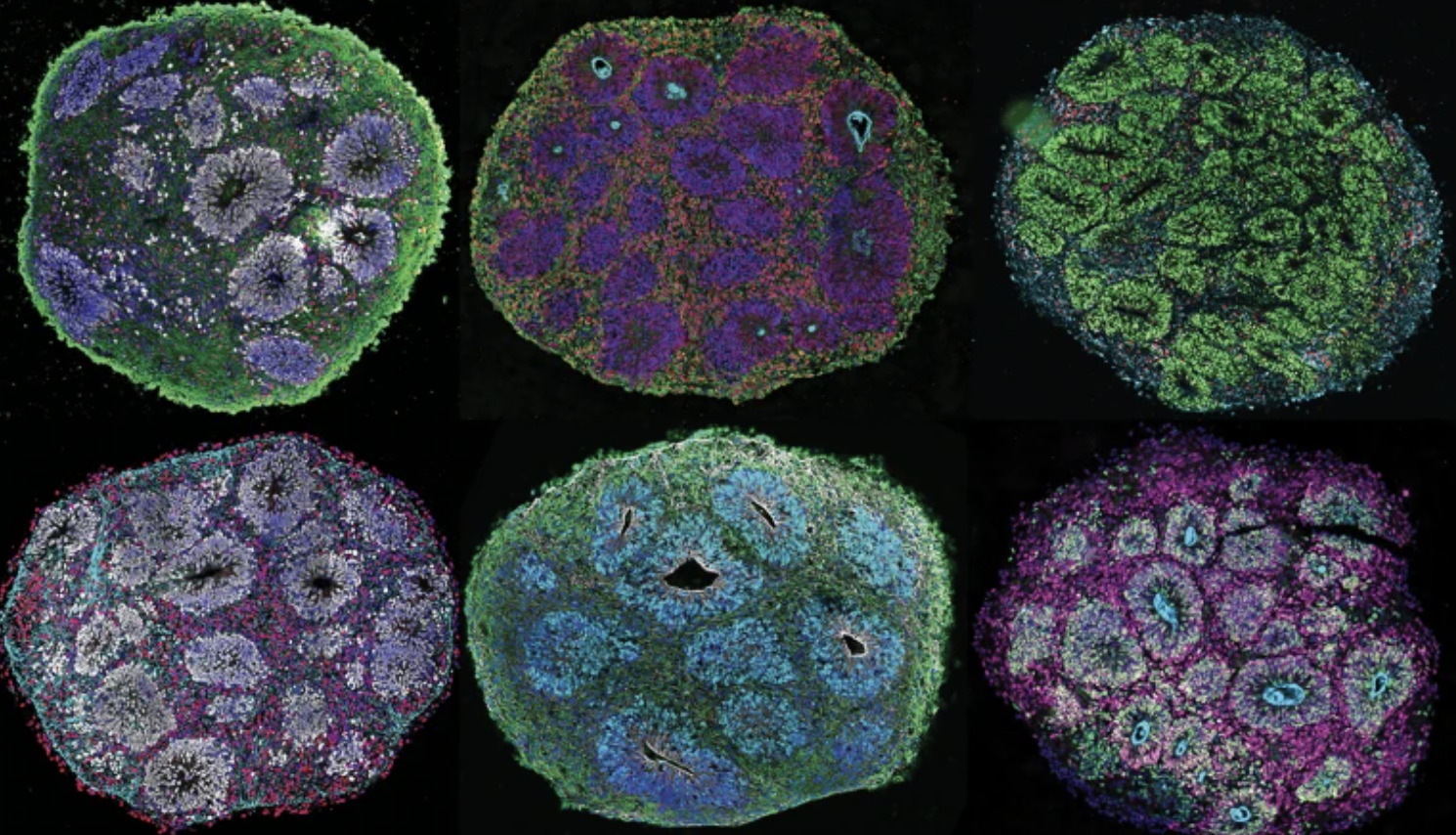In the latter half of 2024, as global carbon emissions from fossil fuels reach record highs, reducing carbon emissions to address climate change has emerged as a crucial issue. According to the latest research from the Global Carbon Project, there are growing concerns about accelerating climate change as fossil fuel-related carbon emissions surge. The relationship between animal testing and carbon emissions has also become a pressing challenge.
The environmental costs of animal testing manifest in two major aspects. First, the disposal and treatment of animals used in experiments generate greenhouse gases. The process of safely disposing of animal carcasses and chemical substances used in experiments consumes energy, leading to additional CO2 emissions. Second, maintaining appropriate temperature and humidity levels in laboratories where animal testing occurs consumes significant energy.
Technologies that can replace animal testing can reduce these environmental burdens. For example, organoids or AI-based prediction models show potential to reduce or completely replace animal testing. These technologies decrease both the number of animals needed for experiments and carbon emissions. Additionally, non-animal experiments like computer modeling can be more environmentally friendly as they minimize the physical space and equipment required for testing.
Greenhouse gas emissions from the production and supply of animal feed are particularly connected to the livestock industry, which indirectly affects research fields involving animal testing. This is evident in cases where certain chemicals used in research and resources used in animal testing are based on raw materials from agriculture and livestock industries.
With technological advancement, scientific research must progress toward achieving balance with the environment. The need to reduce carbon emissions is another reason why alternative testing methods that can gradually reduce animal experimentation should be increasingly considered important.





